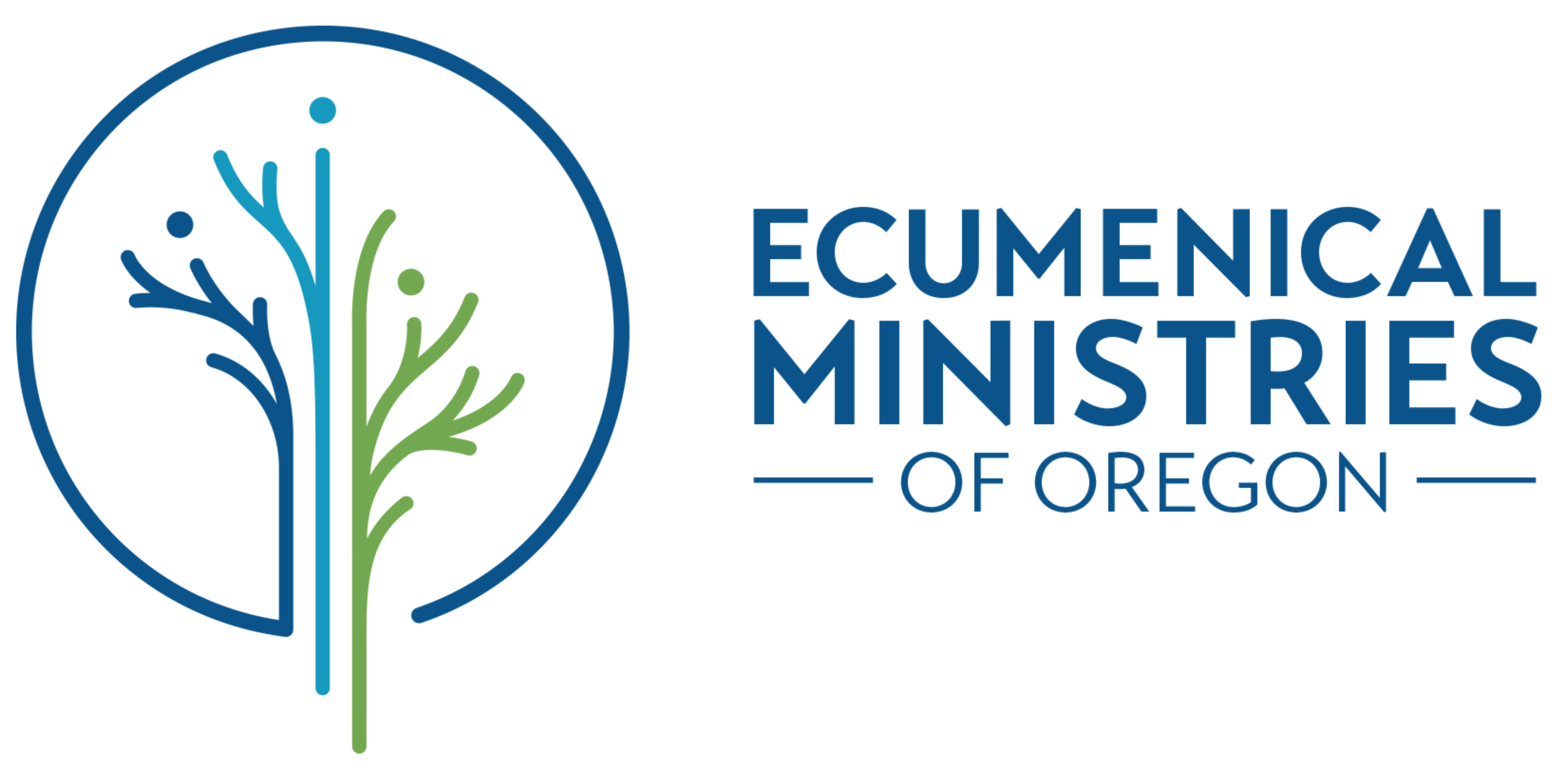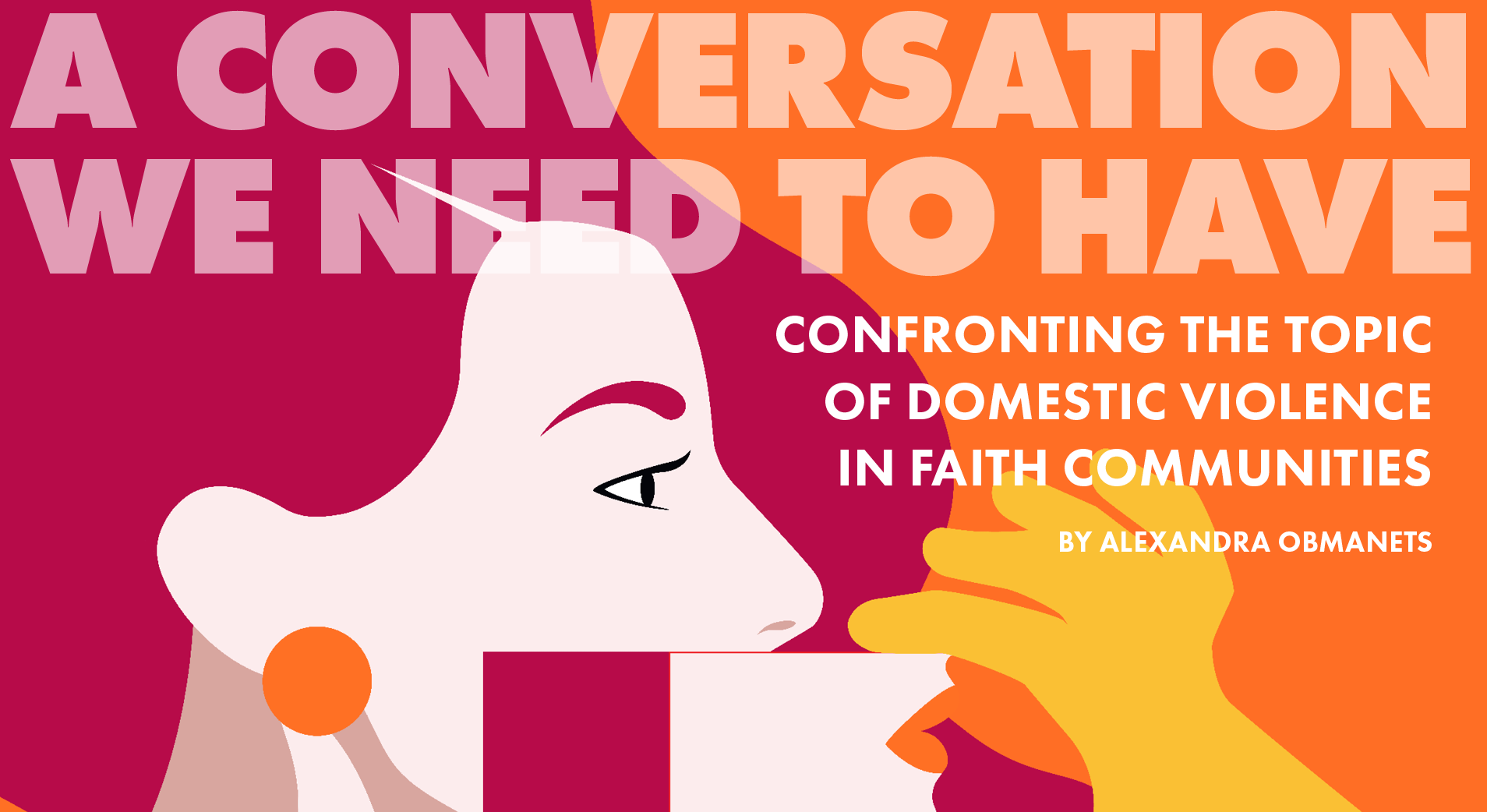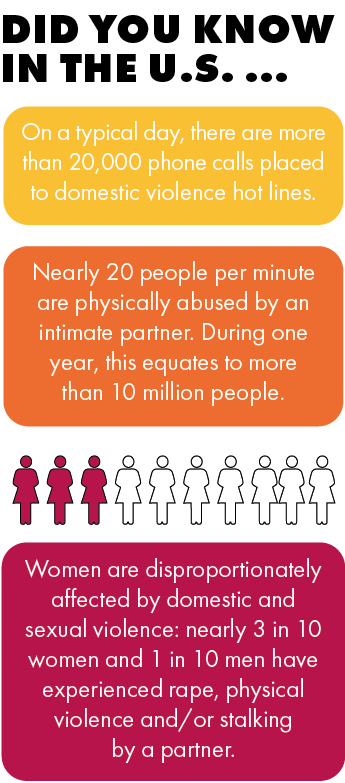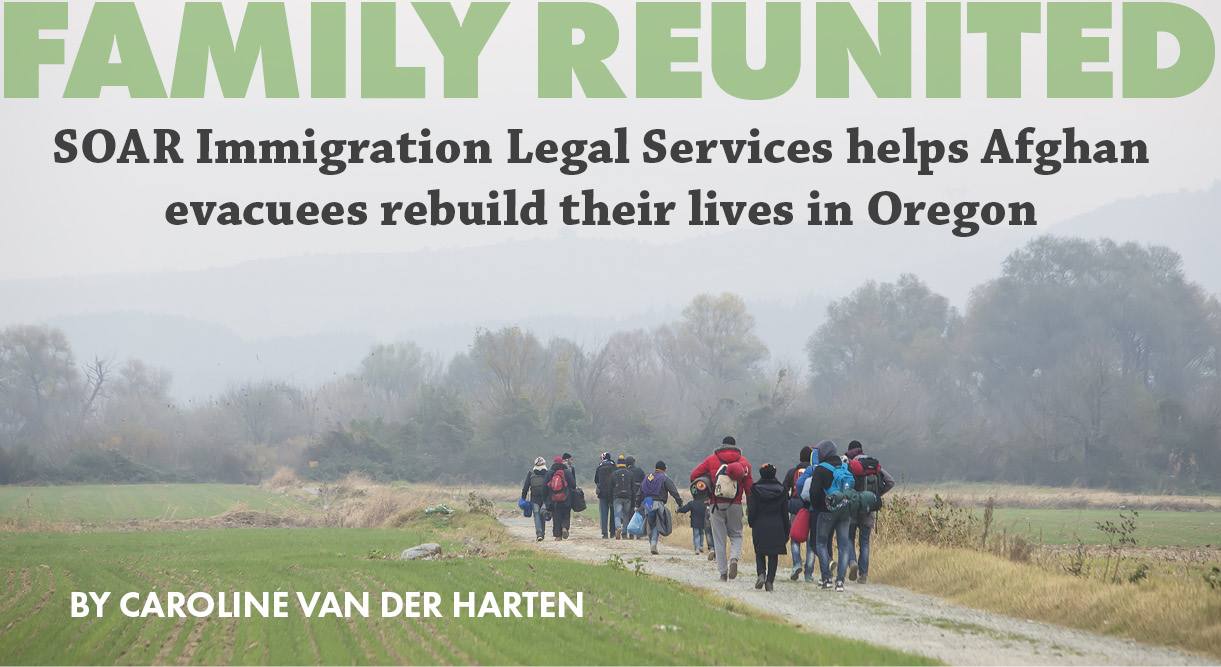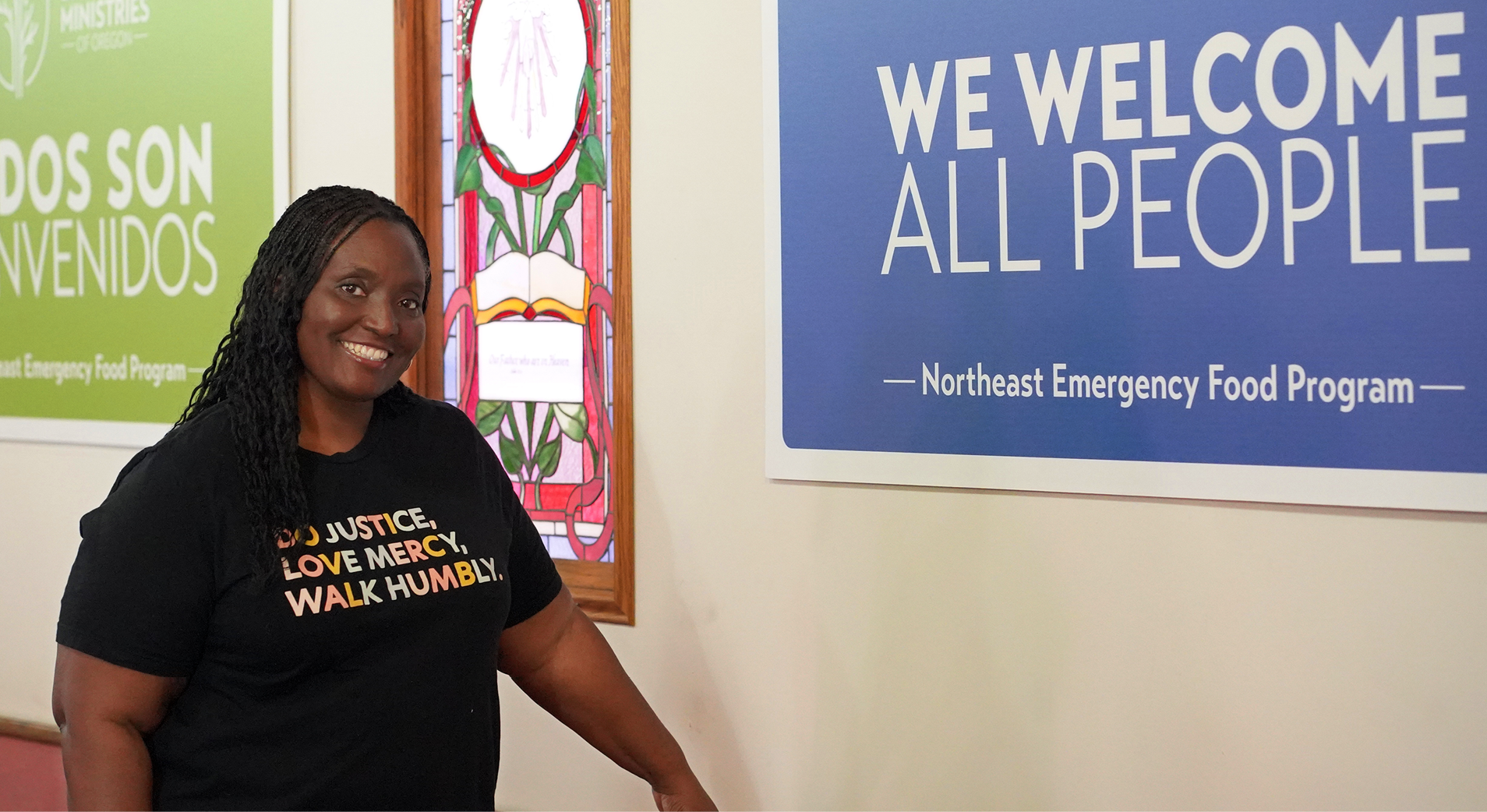Domestic violence exists in every racial, national, economic and socio-cultural group, including faith communities that often tend to be more conservative and reserved on such issues. This makes outreach in the faith community particularly valuable.
Ecumenical Ministries of Oregon’s Slavic Oregon Social Services (SOSS) hosted a significant event on May 30 at Westminster Presbyterian Church in northeast Portland for the Slavic community of Oregon. It was the first-ever conference dedicated to the issue of domestic violence in the Christian Russian- and Ukrainian-speaking immigrant community.
The conference gathered several faith leaders and active members of Slavic churches in Oregon, as well as members of community organizations such as Immigrant & Refugee Community Organization (IRCO), Lutheran Community Services NW and the Slavic Advisory Council.
Several non-immigrant, faith-based organizations also supported the gathering, including the Living Waters of Hope (an organization offering support from a Christ-centered perspective for women affected by domestic abuse) and Kairos Church Planting (a network of church leaders planting new churches and ministries across the United States).
The Portland Police Bureau was one of the principal partners of the event, with Assistant Chief Jeff Bell in attendance and Community Engagement Officer Natasha Haunsperger speaking to conference attendees.
“Unfortunately, very often we are called to a situation which has already erupted,” Officer Haunsperger said. “What I appreciate about tonight—and I know it takes more than one event—is to start to get to know one another, so we can build trust and comfort to continue this conversation … and the Police Chief’s office could be more involved in the conversation about prevention.”
Other speakers included Child Protective Services Specialist Irina Krutova, EMO/SOSS Housing Supervisor Isabella Olia Yarmolich, and Kairos Church Planting Executive Director Dr. Ron Clark.
In the past 20 years, the growing Slavic religious communities in the United States have seen tragic and brutal cases of domestic violence that, unfortunately, were often either ignored—sometimes unintentionally—or neglected by clergy who didn’t have the resources or knowledge to deal with the issue.
Some Christian pastors struggle between the intent to keep families together versus addressing domestic violence in their congregation.
“Most of our ministers have no understanding of how to help a person experiencing abuse,” said Clark, who is also a pastor. “When women take out a restraining order, their pastor often tells them to go down to the police station and say, ‘I lied. My husband was not abusive. Drop the restraining order.’”
Clark continues, “In these situations, I ask clergy, ‘What would God say about that?’ When you tell your church member to lie—because you are embarrassed that the police know, rather than saying, ‘We are sorry that you had to go to the police, but we are glad that we are going to help you’—what happens is that many women end up going back to their [abusive] husbands.”
With the Slavic-speaking faith community in mind, SOSS aims to build bridges between organizations and services that support both survivors of domestic violence as well as clergy and lay staff.
Legal and other aspects of domestic abuse can be complicated and even controversial, which is why having allies in the community is crucial for pastors who are willing to provide assistance. Our goal is that the number of pastors willing to support survivors of domestic violence will grow, because the well-being of the Slavic community largely depends on pastors’ engagement.
The conference presentations on domestic violence have been compiled into a video and distributed within the Slavic-speaking community. You may watch the presentations at youtu.be/TM77wucO4Z8. For more information, contact SOSS at (503) 777-3437 or soss@emoregon.org, or visit emo-soss.org
Alexandra Obmanets is an Outreach Coordinator for EMO’s Slavic Oregon Social Services
